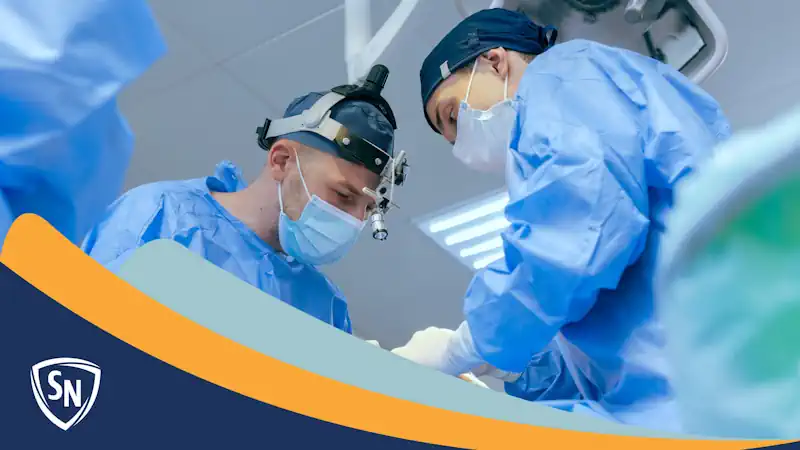
A degree in Surgical Technology prepares students for a vital role in the healthcare system, assisting surgeons and medical teams in operating rooms. This program combines rigorous coursework with hands-on clinical training, equipping graduates with the knowledge and skills needed to support surgical procedures efficiently and safely.
Core Courses in a Surgical Technology Program
Here are ten essential courses commonly included in a Surgical Technology degree program:
- Introduction to Surgical Technology – Overview of surgical practices, team roles, and operating room protocols.
- Medical Terminology – Fundamental language and terminology used in healthcare settings.
- Human Anatomy and Physiology – Detailed study of the human body and its systems.
- Surgical Procedures I – Basics of general surgical techniques and procedures.
- Surgical Procedures II – Advanced techniques, including specialty surgeries.
- Sterile Processing and Aseptic Techniques – Focus on sterilization practices and maintaining sterile environments.
- Pharmacology for Surgical Technologists – Introduction to medications and their applications in surgical settings.
- Operating Room Techniques – Hands-on training in surgical instrumentation and equipment handling.
- Surgical Pathophysiology – Understanding diseases and conditions treated through surgery.
- Clinical Practicum – Real-world experience in an operating room under professional supervision.
Electives for Specialization
Students may choose electives to tailor their education to specific interests or career goals:
- Orthopedic Surgical Techniques – Specialized procedures in musculoskeletal surgeries.
- Cardiovascular Surgery – Focus on assisting in heart and vascular-related operations.
- Endoscopic and Laparoscopic Surgery – Training in minimally invasive surgical methods.
- Neurosurgery – Advanced coursework in brain and spinal surgeries.
- Pediatric Surgical Techniques – Special considerations for surgeries on children and infants.
Common Career Paths
Graduates with a degree in Surgical Technology often pursue careers such as:
- Certified Surgical Technologist (CST) – Assisting in surgeries, maintaining sterile environments, and managing instruments.
- Surgical First Assistant – Offering direct support to surgeons during procedures.
- Sterile Processing Technician – Specializing in the sterilization of surgical instruments and equipment.
- Operating Room Coordinator – Managing surgical schedules and ensuring procedural efficiency.
- Educator or Trainer – Teaching surgical technology in academic or clinical settings.
Surgical Technology: A Crucial Role in the Medical field
The Surgical Technology degree program is an excellent choice for those interested in a hands-on healthcare career. Combining foundational knowledge with practical training, the program prepares graduates for crucial roles in the medical field, offering opportunities to specialize in various surgical areas.
More Reading: What Does a Surgical Technician Do?





